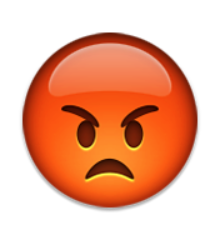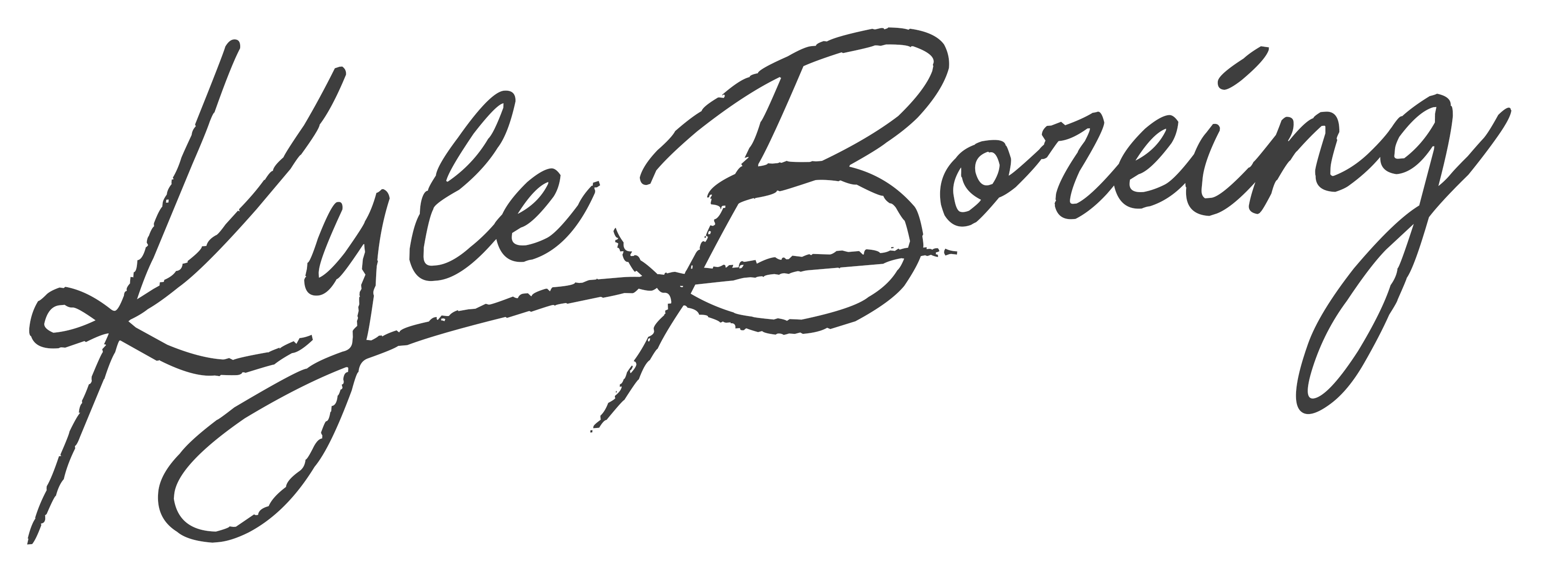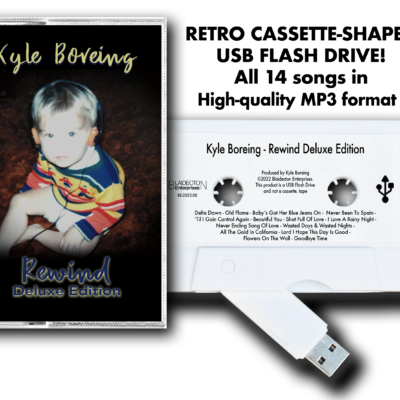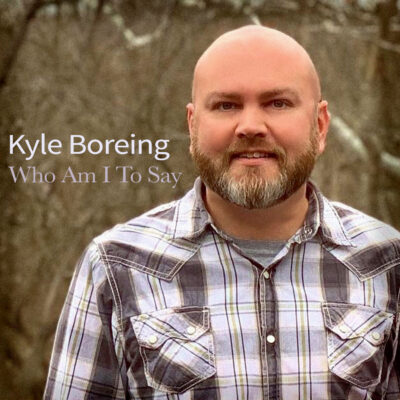 Well, that escalated quickly.
Well, that escalated quickly.
In today’s world of instant global communication, it seems that we are seeing much more violence and rebellion now than ever before. Kids are bringing guns to school (and using them) simply to get attention. Criminals are tempting police (and often sacrificing themselves) simply because they refuse to abide by laws (and some police officers are reaching the ends of their rope and responding similarly).
We live in a society where “rules are meant to be broken,” and authority is to be questioned. There are entire movements today against authority of any kind, with anti-police and anti-government rhetoric all over society. Part of this is due to the widespread use of the Internet, wherein news is accessible and can travel virtually instantaneously to anyone you want. There is no cooling-down period before news can be processed and presented. If something happens, 10 people have cell phones trained on it, and it’s on YouTube within minutes for the entire world to see (rather than being published the next day in a newspaper or aired a few hours later on television). A fire is sparked and fuel is added immediately.
Why is this such an issue? Well, to put it simply, anger is a high. According to Psychology Today:
Basically, anger is the body’s way of handling stress in a very primitive way. It’s a knee-jerk reaction that occurs without thinking, and if left unchecked, it can turn us into raging maniacs, clouding our judgement. That’s why we’re told to go “cool down,” so our bodies have time to process what is happening and we can make rational decisions.
But what happens when our anger is fueled rather than cooled? Instead of calming down, what if we’re told, “No, stay angry, and get angrier!” Like an addict, we begin to crave the anger and the feeling it gives us. It creates the illusion of power (“We’re angry, and we’re going to do something about it!”). That’s why angry mobs are often uncontrollable. They are a group that is fueling each other’s anger beyond rational thought.
And thanks to the Internet, that anger can be fueled continuously. Someone commits a crime against someone else, and immediately, an entire group of folks can rise up in anger (without taking the time to process it), and react however they see fit, creating their own version of what happened based on their anger rather than actual events.
Think I’m being over dramatic? When was the last time something made you angry? Odds are you went and vented about it on a Facebook post, where other folks chimed in to tell you how right you are and how wrong it is for whatever made you angry. It’s confirmation of our anger, which again, fuels it. And if anyone questions why your angry (or attempts to calm you down), we instead get even more angry, because you’re not getting your anger fix. Instead, you’re being denied your anger.
Am I saying that anger is wrong? No. It’s an emotion that we all feel at some point, and it is often justifiable. What we DO with that anger, however, is what can be right or wrong. Do we stop and try to process why we’re angry, or do we simply lash out and let our anger take over?
I am not writing this as a lecture to others, either. I have dealt with anger issues my entire life, and usually, it’s born out of what I perceive to be a lack of control over a situation. When I feel like I no longer have control over something, I get angry, because it gives me that illusion of control, or at least an attempt at regaining control (however spectacularly it fails). It’s something I’ve dealt with and worked on for most of my adult life.
And this is the same mindset that society has as a whole today. They want to regain control over something that they never really had control over in the first place, leading to anger that is unexplainable, yet somehow makes us feel better, if only for that moment.




0 Comments